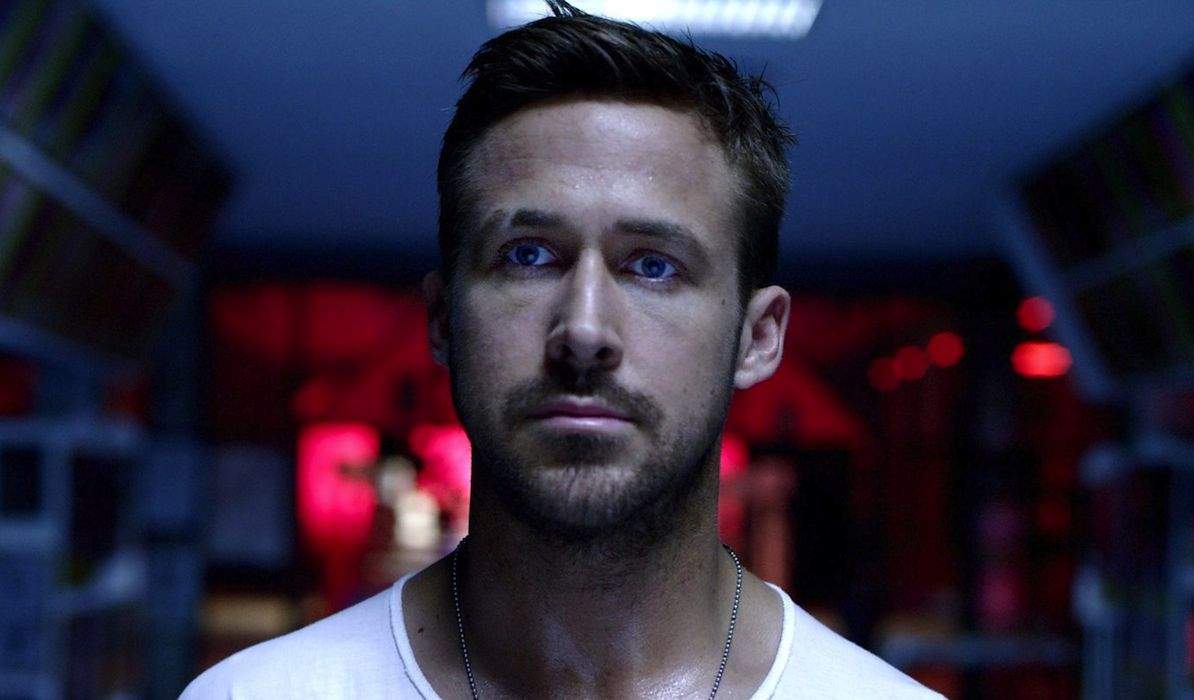Only God Forgives
The Drive director returns with one of the year's most divisive films.
Overview
Danish director Nicolas Winding Refn does not court consensus. His highly violent, highly stylised, almost stream-of-consciousness films can be read many different ways. But more than that, they seem to prompt responses from the gut — be they captivation or revulsion. His latest film, Only God Forgives, was last month awarded the Sydney Film Festival prize but also famously drew boos at Cannes (and from the SFF audience I was in, a lot of nervous laughter).
Only God Forgives bears the hallmarks of Refn's 2011 hit Drive — uber violence, musical motifs (synth, where possible), Ryan Gosling, neo-Noir, bright lights, big cities — though it's a more abstract picture. It begins when an American called Billy (Tom Burke) rapes and murders an underage prostitute in Bangkok. He is then murdered himself, at the hands of the girl's father, who is encouraged by the rogue police officer and 'Angel of Vengeance' Chang (Vithaya Pansringarm).
The hero of the story, however, is a man weaker by most measures, Julian (Gosling), low-life brother of Billy. By classic eye-for-an-eye decree — and that of his frightening mother, Crystal (Kristen Scott Thomas), a Cruela de Vil type in velour — he should kill those responsible for his brother's death. But he can't, and he doesn't really want to. Instead, he and Chang circle each other, enacting lateral acts of violence.
Refn has described Only God Forgives, like Drive, as being "based on real emotions, but set in a heightened reality. It's a fairytale." And that might be part of why these films 'work' on some but not on others. You have to recognise the emotions and get swept up in the fantasia. More than most, the films work a spell. If you're caught in the spell, everything holds together. But if it glances off you, it's hard to walk away with anything from watching the film.
I really want the view from the former camp, but so far I haven't been able to gain admittance. So what I saw was Refn create some tartly beautiful images (one that stands out is a torture sequence in a nightclub full of motionless doll-women) that are balanced out by others more forced, silly and self-parodying. With Only God Forgives' ambitious aesthetic goals only semi-realised, it begs the question, what did we sit through all that sadism for? You can see why it's set so many critics off on their own moral crusade, with Refn as the target.





